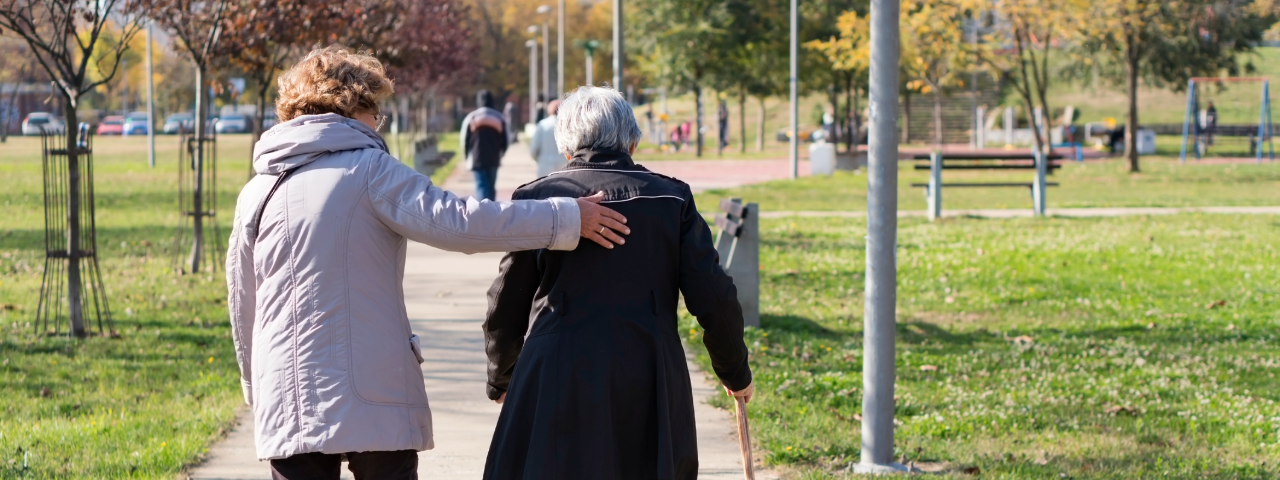Body
In winter sports, traumatic brain injuries (TBI) or concussions are common in alpine skiers, snowboarders and ice hockey players. Concussion accounts for 22-42% of skiing-related head injuries and 14-30% of hockey-related injuries. It is important to understand how to identify these types of injuries to enable access to appropriate medical care.
What Is a Traumatic Brain Injury or Concussion?
Body
TBI refers to a spectrum of head injuries that can range from mild to severe. Sports-related concussion (SRC) falls on the mild end of the range, but more serious injuries can occur if not properly identified. In skiing and snowboarding, falls or collisions at high speed are the most common causes of SRC. In ice hockey, SRC most often occurs due to player-opponent contact, with players also at risk of repetitive blows to the head. Most head injuries occur as a result of impact, but they also can occur without direct contact when there is excessive rotational forces on the brain within the skull such as during a fall
Recognizing a Concussion
Body
Concussions may be difficult to recognize. Some people may display symptoms immediately, while others may develop symptoms over a few days. Common symptoms of a concussion include:
- Drowsiness
- Loss of consciousness
- Confusion
- Dizziness
- Memory loss
- Headache
- Nausea/vomiting
- Irritability
- Balance problems
- Changes in sleep
- Anxiety/depression
Recovering from a Concussion
Body
Most children and adults recover from a concussion in 2-4 weeks. Treatment includes relative rest (from sports and work or school) and engaging in a return-to-sport post-concussion rehabilitation program with a licensed physical therapist or athletic trainer. Adequate sleep, nutrition, hydration and limitation of screen time are often essential components of the recovery process.
If symptoms do not improve — or worsen — over the expected time frame, referral to a neurologist or sports medicine physician who specializes in concussion should be initiated.
Preventing a Concussion
Body
No matter the winter sport, using proper-fitting helmets and mouth guards are imperative for both children and adults. Studies have shown a significant decrease in the rate of serious head injuries among skiers and snowboarders that correlates with increased helmet usage over the same time period.
Most importantly: ski and ride in control and within your ability level. For ice hockey players, make sure that changes in play that include no hits to the head or other types of dangerous play are enforced.

